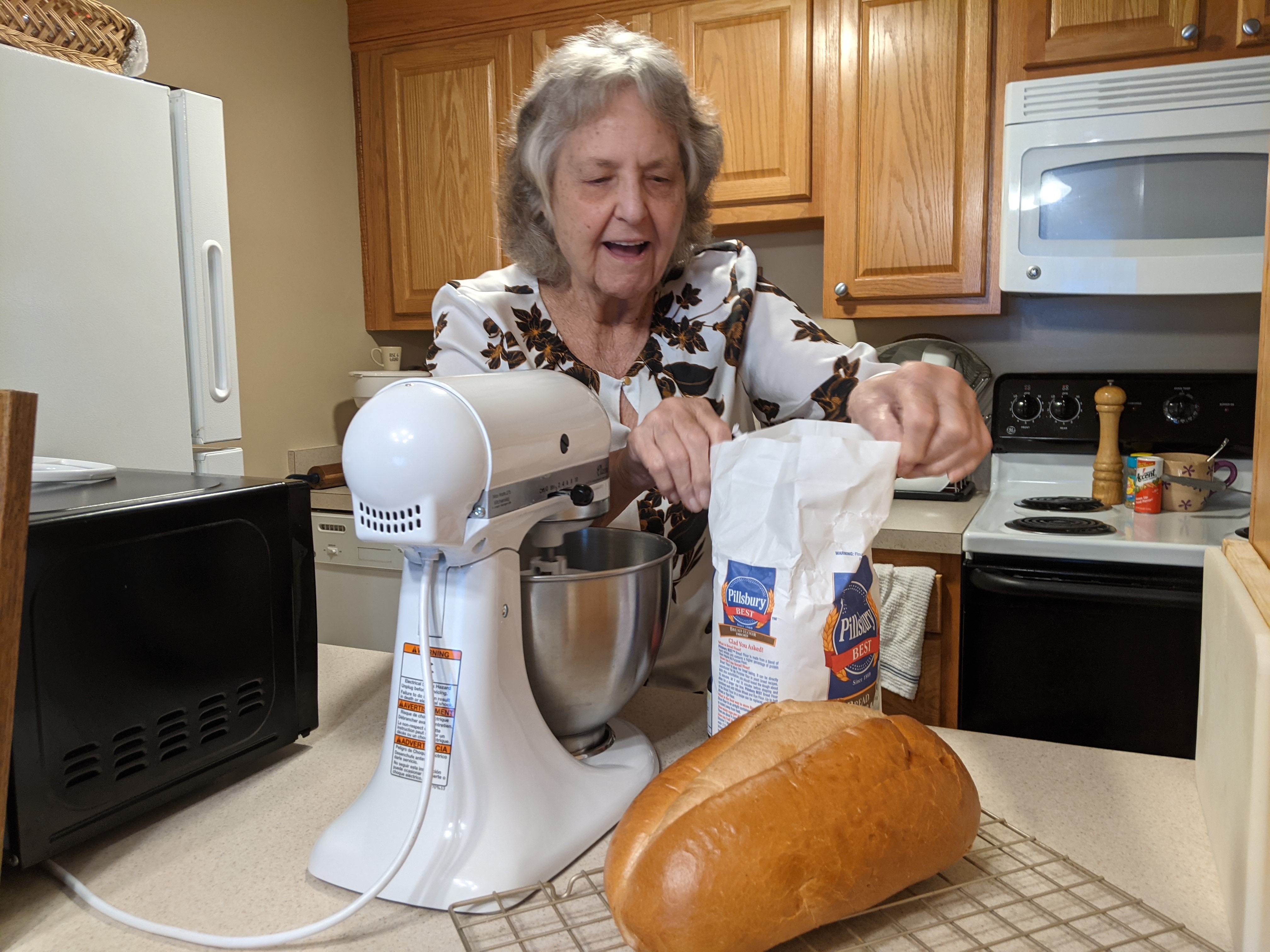Innovative Palliative Care Program Improves Quality of Life
.jpg)
Wini, an 83-year-old great-grandmother with congestive heart failure, has found a new lease on life. In just 13 weeks, she went from barely functioning to baking bread again for her family, an ambitious goal she never imagined she would be able to accomplish.
The MetroHealth System and Western Reserve Navigator transitional care program helped Wini and her family by teaching them how to manage her symptoms at home. Funded through a generous grant from The Cleveland Foundation, the program is available to qualified cardiac patients who have been discharged from the hospital. To date, 100% of the patients and family caregivers completing it have reported achieving a significantly improved quality of life.
After three successive trips to the ER, Wini was feeling defeated. “My kids were trying to do everything they could to help me,” she said. “They recommended I try the palliative care program.”
In addition to an advanced practice nurse, social worker and volunteer, the program adds care from a registered nurse for 90 days. Through in-person visits and phone calls, the RN works with the patient and their family caregivers to manage symptoms, make lifestyle changes and explain medications.
Education is a key aspect. Wini’s nurse, Ron, worked with her to establish personal goals. He taught her to reduce sodium intake, adjust the amount of water she was drinking, incorporate regular exercise and track her daily progress.
“Before I started the program, I couldn’t breathe. I couldn’t wait to get back to my chair. I couldn’t even go into the kitchen to do the dishes or make a sandwich,” Wini said. “Oh, my goodness, it’s like night and day how I felt then and how I feel now. I don’t think I would still be here without the palliative care program. I worked on it, and with their help, I’m so much better!”
